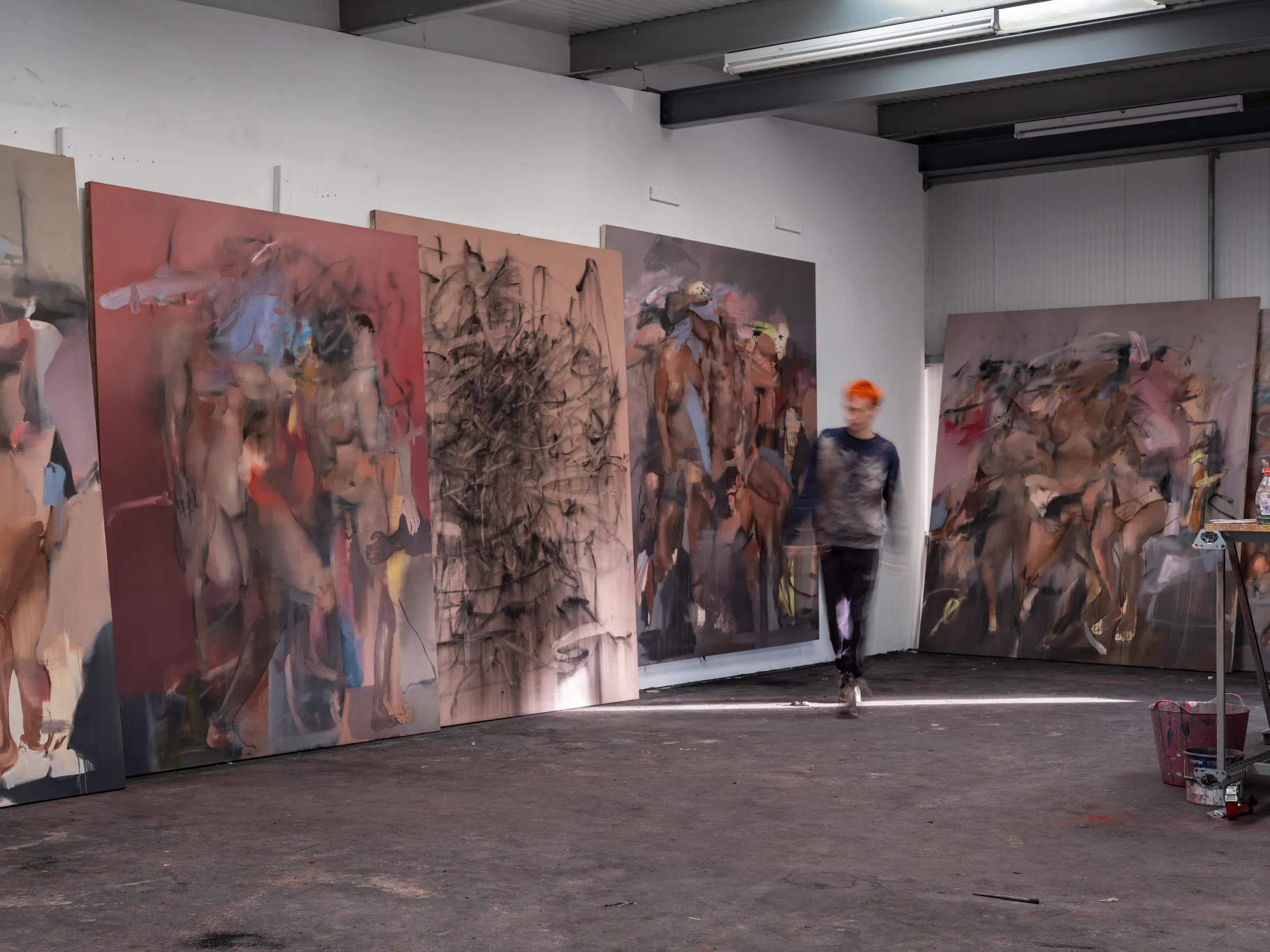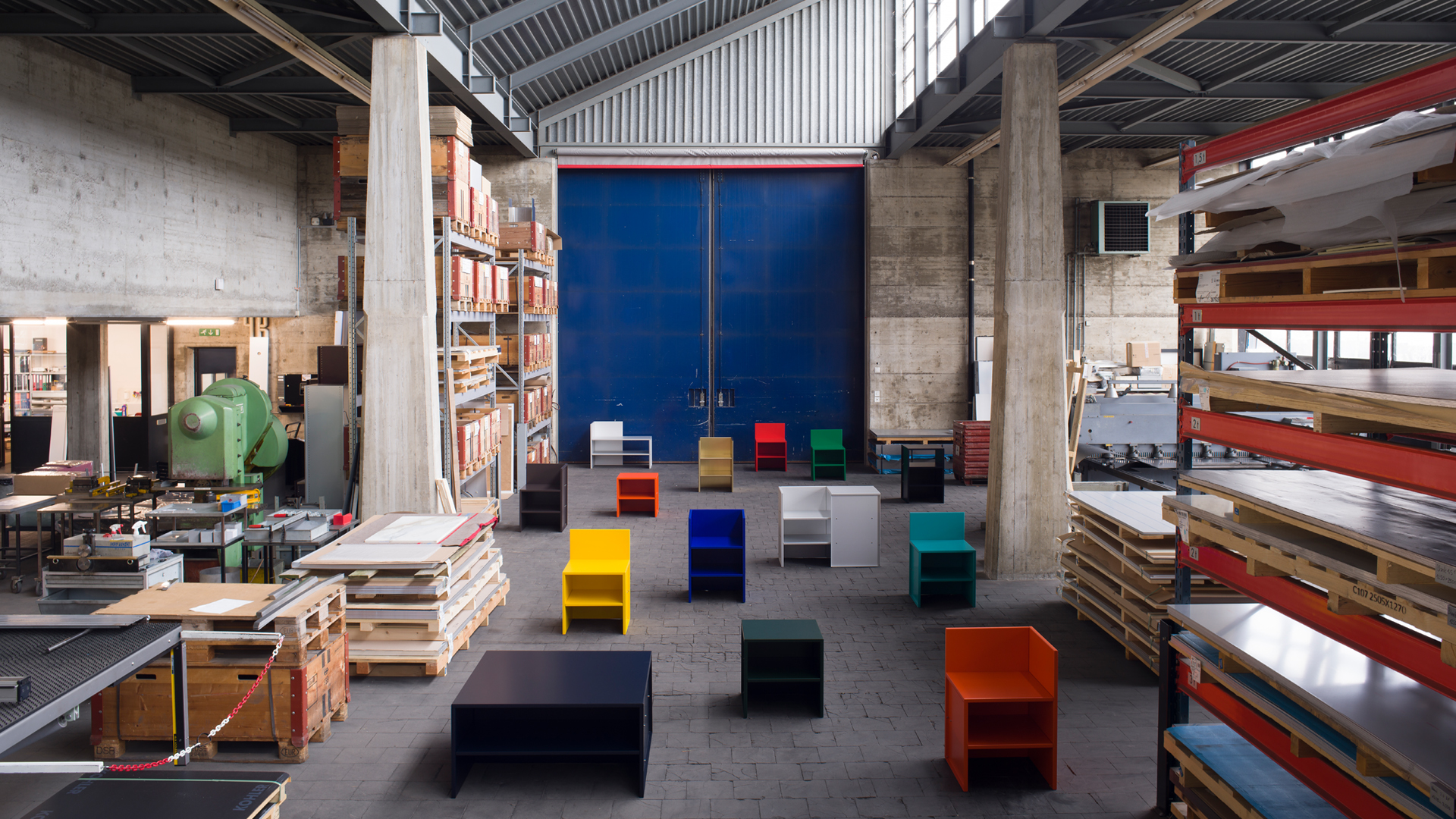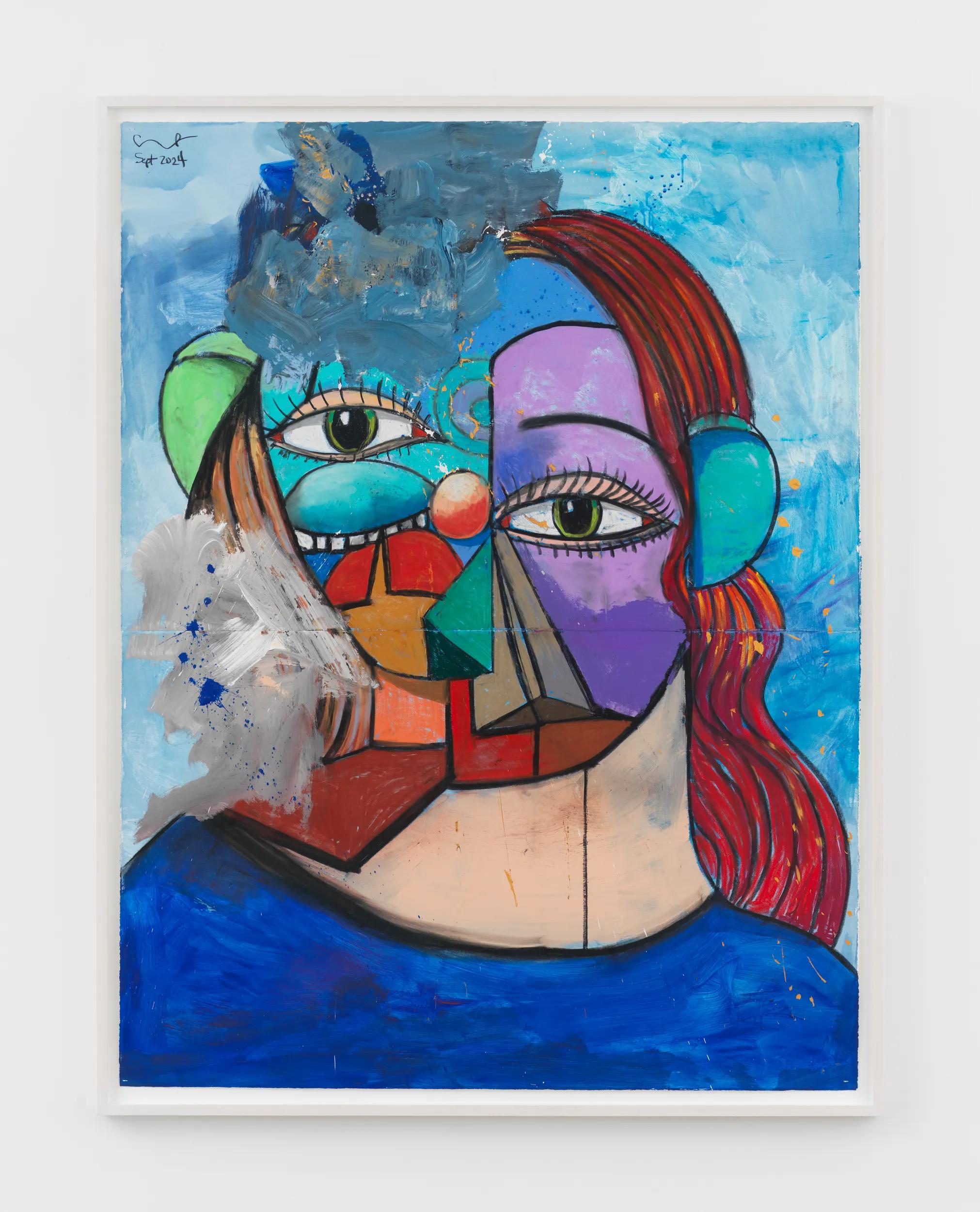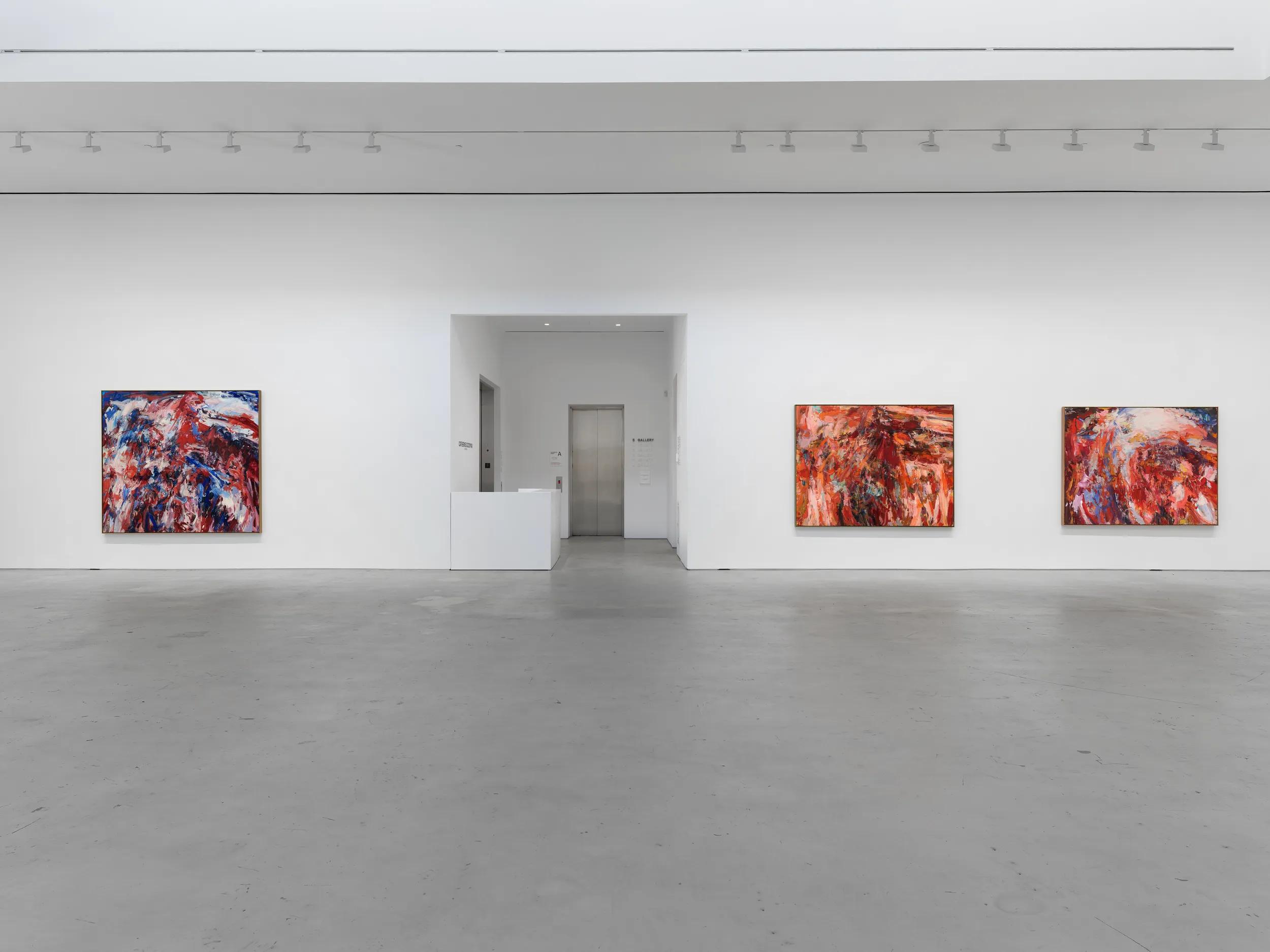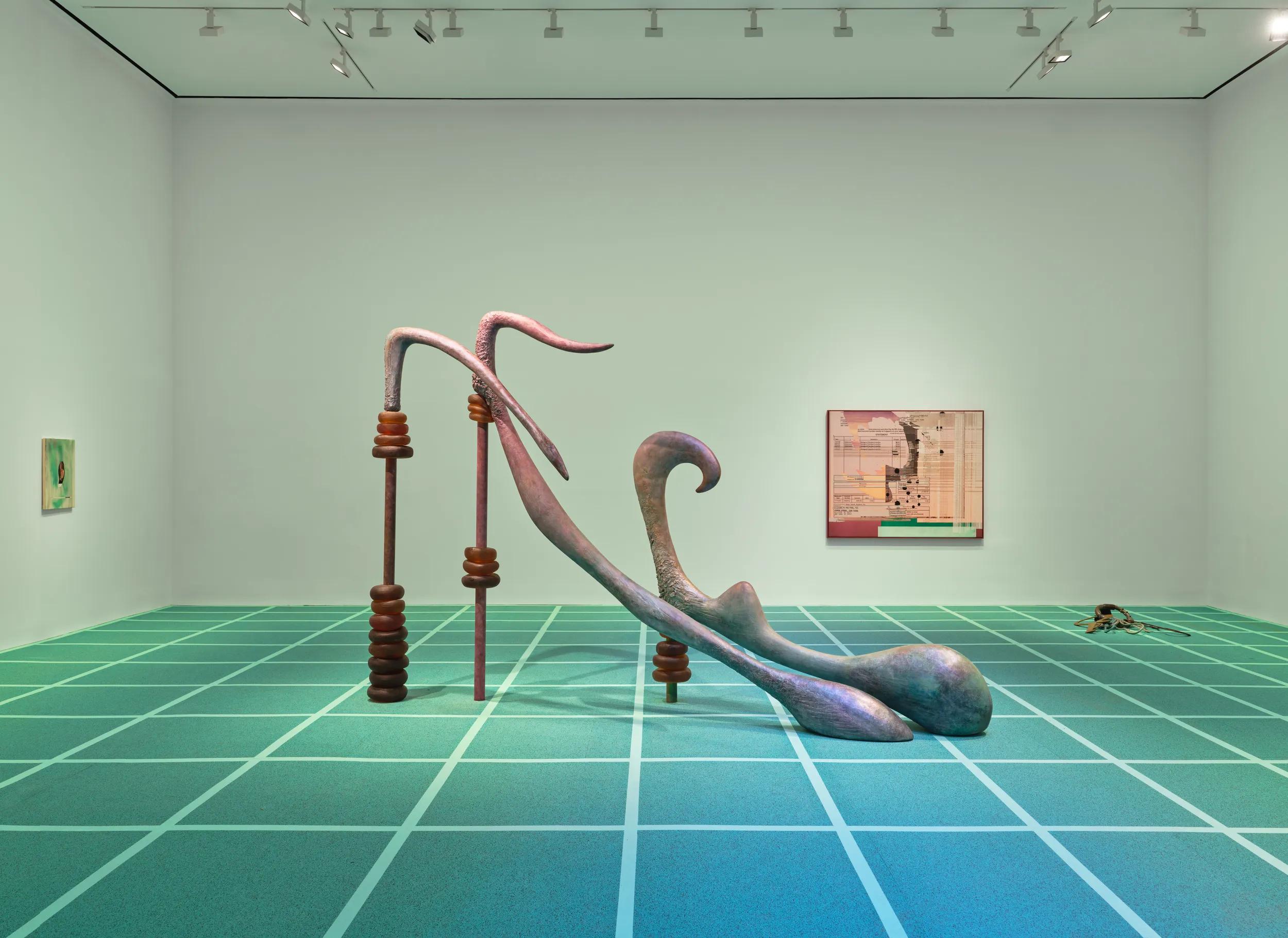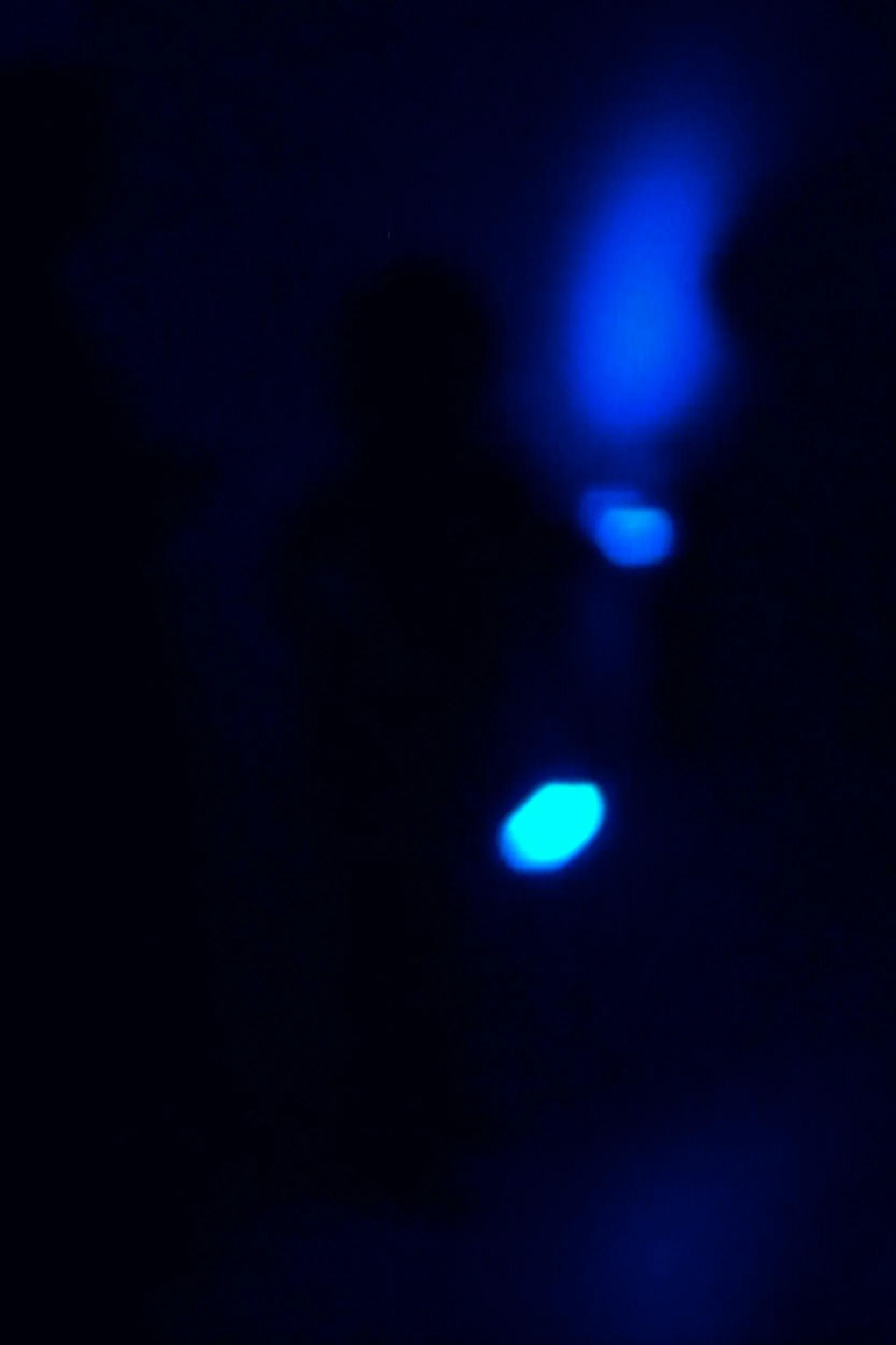
Anri Sala
Amplified Absorbers
16 March - 11 May 2002
Zürich
Anri Sala, who was born in Tirana/Albania in 1974 and has lived in Paris since 1997, has come to the attention of a wide international audience within a short time through his video work.
The artist has participated in the Venice Biennale, the Manifesta 3 in Ljubljana, the Yokohama Triennial and a number of solo and group shows in Europe with films such as Intervista-Finding the words (1998), Nocturnes (1999), Byrek (2000) and Uomoduomo (2001). He has received, apart from several documentary filmmaking awards, the Prix Gilles Dusein in 2000 and the Young Artist Prize of the Venice Biennale in 2001.
In his show at the Galerie Hauser & Wirth, Anri Sala will present some of his latest video and photo works. The large-size installation Arena (2001) transports us into the deserted wasteland of the zoo of Tirana, where only occasionally we can hear the roar of a big cat and where the barren landscape stretches out before the viewer’s eyes like a no man’s land. In another video, shown for the first time in this exhibition, the centre of attention is – as so often in Sala’s films – the soundtrack. The work reflects a young man’s personal war memories, but never simplifies the reflection on the reality of war and violence into a definitive statement that provides easy answers.
Most of Anri Sala’s films are photographed in Albania. Their unspectacular settings are marked by an aesthetic of simplicity that is as evident in the kitchen of an elderly Albanian woman as in a barren mountainous landscape and the look into a sound studio. What is particularly striking is his careful choice of protagonists. Sala’s way of concentrating on the personalities and biographies of the actors and following them around with his camera gives his films a strong presence and intensity, transferring the emotional world of his characters onto the spectator. The slowness of the mise en scène, the near-total absence of camera movement, which almost freezes the scenes into paintings, and the attention to seemingly unimportant detail all contribute to trigger a complex memory process. This process is not only concerned with particular biographical memory fragments, but also refers to a larger dimension: a society’s debate about its history.
Anri Sala is part of a generation of young Albanian artists whose personalities and ways of working are deeply rooted in the political and social context of the country. This and his sense for stories as well as the various layers of reality are the distinctive features that set his work apart from that of many other young artists who try to deal with the concepts of identity and subjectivity, but refuse to position themselves in a social context.
"I guess everyday thousands of stories go on around us (...). What plays an important role is the awareness of what's happening around you: you have to drag yourself out of the somnambulism of the everyday".
About the Artist
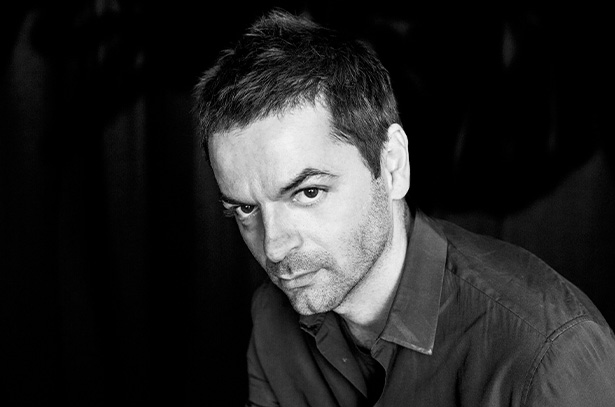
Anri Sala
Anri Sala represents a truly contemporary international vision: working in a range of media including video, photography and installation, Sala was educated in Albania and France, but now lives and works in Berlin. In his films and installations, Sala invites viewers to participate in his world of cultural observation, for which he often uses socio-political settings and personal experiences as backdrops.
By juxtaposing elements of past and present, discordance and harmony, and by overlapping narrative, sound and movement, Sala creates a unique sensibility. With his first critically acclaimed experimental documentary ‘Intervista (Finding the words)’ from 1998, the artist formulates his interest in perception of reality, truth and historical transformation. Since then, his practice emerged into a study of sound—soundtracks of images, the absence of sound, or the failure of verbal communication, all form distinct kinds of narratives.
In 2001, Sala was the recipient of the Young Artist Prize at the Venice Biennale and in 2013, he exhibited his acclaimed video works ‘Ravel Ravel’ and ‘Unravel’(both 2013) for the French Pavilion. Both works analyze the perception of space through music—two versions of Ravel’s ‘Piano Concerto for the Left hand in D-major’ can be seen performed alongside each other. ‘Unravel’ sets out to sync what deliberately was paced out of sync; Chloé, a DJ and music producer, can be observed standing in the middle of the German pavilion trying to untangle what has been entangled in ‘Ravel Ravel.'
The undercurrent of Sala’s projects, such as ‘Intervista (Finding Words)’ or ‘Ravel Ravel Unravel,’ is a fundamentally personal exploration of intimate, interwoven stories, resonating themes of a changing society and the individual. The artist’s interest in transition and rupture is demonstrated by the way in which he relates language, sound, music. The impact of his work featured at the world's top venues and exhibitions endorses Sala’s conviction that art can transcend cultural references without losing any of its specificity, nor indeed, its power.
Current Exhibitions
1 / 12
